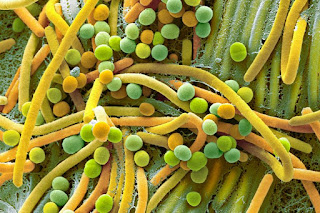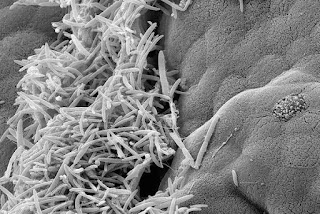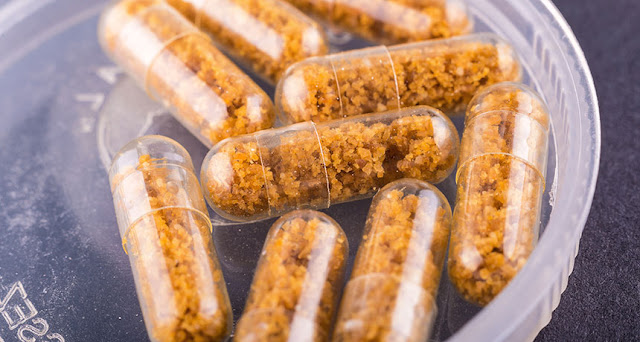The human body harbors communities of microorganisms that develop associationship with its own host. Oftentimes, this community represents eukaryotes, archaes, bacteria and viruses spreaded all over the body including skin, oral cavity, respiratory tract, gastrointestinal tract, urinary tract and reproductive tract. This entire community is called microbiota where microbiome is their collective genome. The unique entwined biological relationship between the host and the microbial community benefits both where the human receives protection against pathogens while the microorganisms are benefitted by provided survival.
Among the many microbial ecosystems in the human body, intestinal microbial association plays an important role in maintaining metabolic and immune homeostasis other than the protection against pathogens. Human body is composed of 30 trillion cells while it harbours 39 trillion bacterial cells.

With the advances of medical science, the way scientists understand the prognosis of many diseases have been changed. That leads to the introduction of new medical approaches. With new scientific experiments, it was confirmed that the microorganisms in the gut have a direct relationship with the heath of the host. The disturbances and alterations (dysbiosis) of the composition of this microbiota drives the human body into various physical status with inflammatory and infectious diseases in the gut.
This influences the importance of any therapeutic approaches that restore alterations in the gut microbiome. Efficacy of such treatments were observed with the use of stool! It readily restores the imbalanced gut microbiome to heal or to control the diseases. This may sound disgusting and frustrating but it is not insanitary or harmful. In fact, it is a processed medical treatment that uses human fecal after several purification steps. Other than having it as a capsule, you can either have it administered to the gut through a tube or colonoscopy. The use of fecal in gut related disease is called fecal microbiota transplantation (FMT). Mosty, healthy stool is obtained by the stool banks that are developed for the sources of treatments.

Even Though the use of feces for treatments sounds odd for modern societies, first evidence of fecas as a medicinal use is reported from China, by Ge Hong as early as the 4th century. Nowadays, it is already prescribed in the treatments for colon infection caused by a harmful bacterium Clostridium difficile.
The gut microbiome contains different types of bacteria and their abundances in the gut slightly differs from individual to individual. When it changes significantly, it acts as an interpersonal representative. One such example is wheter your are obese or not. People those who are obese and lean have different bacterial abundances among among Bacteriodetes and Firmicute. In obese individuals Bacteriodetes are lelatively low in number while Firmicutes are in abundance compared to lean individuals. Firmicutes absorb more calories from the food in the gut and transfer that to the individual’s body resulting in weight gain of the host body. This even makes two identical twins different from each other, lean and fat while having the same genetic fingerprint.
The association between the gut microbiota and more diseases were identified such as irritable bowel disease, inflammatory bowel disease, type 2 diabetes, cardiovascular disease and metabolic syndromes.
Further investigations on FMT should be conducted to find the optimal fecal microbial preparation, suitable doses and methods of administration. So far, no serious side effects have been reported except minor effects spanning diarrhea, cramps, nausea, constipation and flatulence.
Rerferences
- https://www.ncbi.nlm.nih.gov/pmc/articles/PMC6835402/
- https://www.ncbi.nlm.nih.gov/pmc/articles/PMC4749851/
- https://www.ncbi.nlm.nih.gov/pmc/articles/PMC6561340/
- https://www.ncbi.nlm.nih.gov/pmc/articles/PMC5433529/
- https://link.springer.com/article/10.1007/s00203-020-01931-x
- https://pubmed.ncbi.nlm.nih.gov/29183052/

